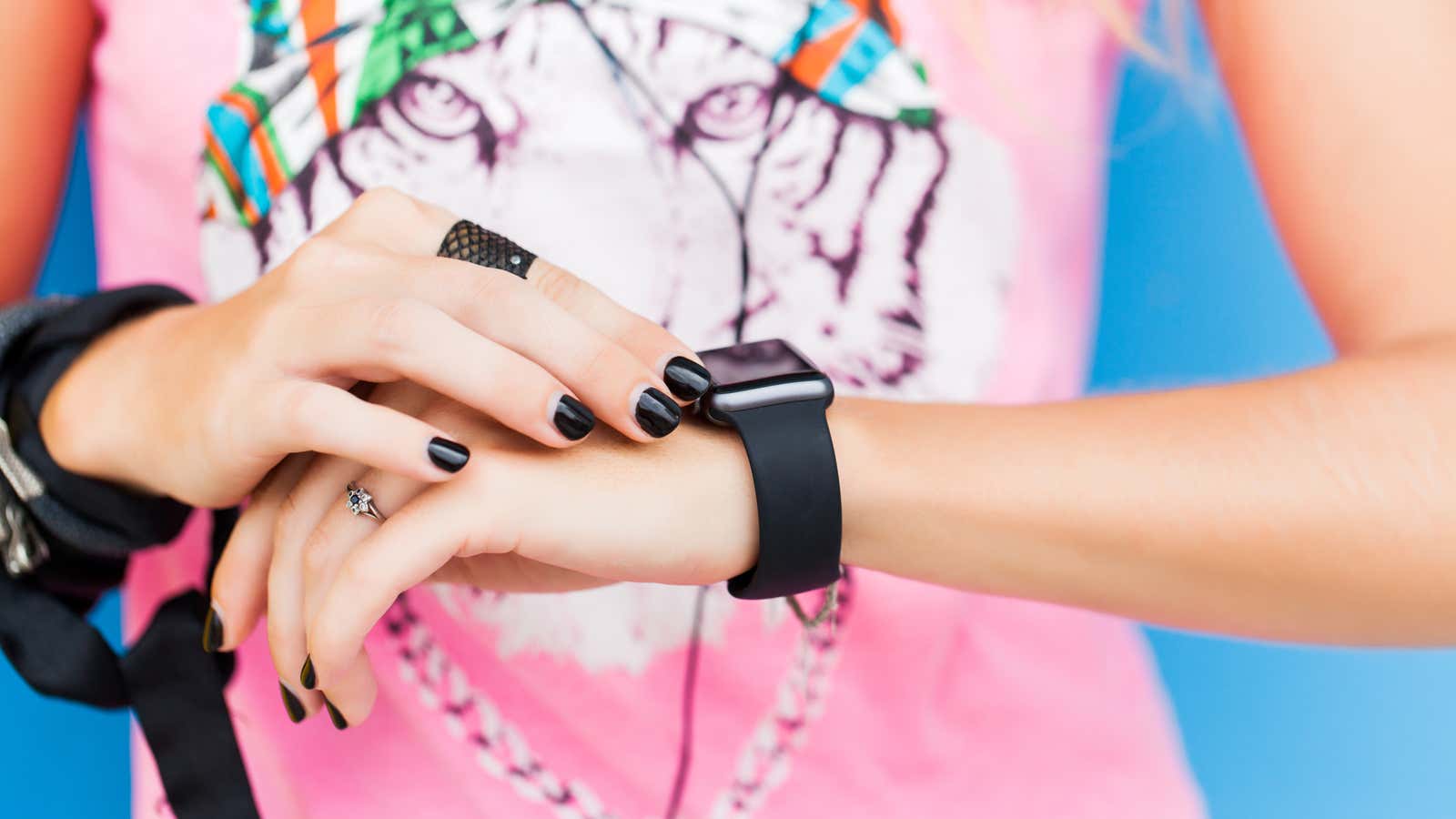What to Look Out for Before Buying a Fitness Tracker for Your Child

The pandemic has caused all of us to slow down in many ways. Our schedule is not as tight as it once was, and our legs did not have to carry us from here to there and back as often as they once were. I personally feel like I’m going into hibernation; Most likely, they will find me twisted under a large crocheted blanket, I look out the nearest window and mutter: “It’s cold outside.”
But our children’s activity levels have probably suffered even more than our own. Children are naturally active creatures, but much of the activities they enjoy – from exercise classes and recess to sports and cycling with friends in the neighborhood – have dropped significantly. As we’re looking for ways to help our kids stay active, you might consider purchasing a wearable fitness tracker for them. But before you do that, there are a few important points to keep in mind.
Consider motivation
First of all, physical activity for children should be enjoyable. So before you even start researching which fitness tracker is best for your child, consider why it might make sense for them to have one at all. Do you want to track their sleep or track to-dos and rewards? Do they want to access games and badges to compete with friends and make exercise more fun?
These trackers can be a good tool for kids who love them for their colorful designs, icons, avatars, games, and other features. (My 10-year-old now loves the timer function on his tracker the most; when we say, “Ten minutes more to leave,” he sets his timer.) And they can be a motivator for some. to get the kids to move more often, especially if others in the family have trackers and you can set goals for family activity together.
But they should be viewed solely as a fun and useful tool that a child wants and pleases, and not something that you impose on him because you want him to get up from the couch more often.
What to watch out for
The biggest criticism of kids using fitness trackers is that the devices can be a contributing factor to (or exacerbate existing) body imaging problems. If you think the tracker might make them get hung up on the data it provides, that’s a bad idea.
Plus, if you’re considering buying a fitness tracker for your child, chances are you already have one. And, as with most parenting, how you model the use of a fitness tracker will influence your child’s behavior more than how you tell them to use it. So you can tell your child to earn badges, set goals, or compete with friends just for fun. But if on your next breath you punish yourself for not reaching your step goal, you’re sending the wrong message, and they’ll likely hear it.
Bottom line
For a naturally competitive child or aspiring teenager, a tracker can inspire them to walk to school or take the stairs above the elevator to climb those bills. For busy, stressed teens, a smartwatch reminder to take a quick walk outside can help them schedule the necessary breaks. This is great as long as it creates a positive connection with physical activity rather than making them feel pressured or frustrated that they haven’t achieved a goal. It is also important to emphasize that many of the healthy activities that children do, such as climbing trees, do not always lead to many steps, but are still an important part of a physically active child who enjoys being outdoors.
Because fitness trackers are relatively recent, research on how they affect children is limited. But we know that a child does not need a fitness tracker to move around the world in an active and healthy way.
So if they don’t want one, don’t buy it. If you think they might be over-focusing on statistics, go through. (If you think you can over-focus on their performance, take a pass.) And if they have, and it begins to cause more anxiety than inspiration, it’s time to take it off.